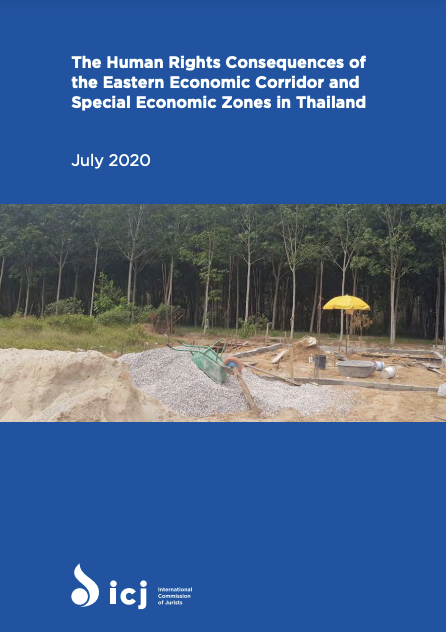Location
Since 1952 the ICJ has performed a unique and prominent role as a nongovernmental organization (NGO) defending human rights and the rule of law worldwide.
The ICJ’s peerless reputation rests on these pillars:
- 60 eminent judges and lawyers – from all parts of the world and all legal systems – with unparalleled knowledge of the law and human rights;
- Cooperating with governments committed to improving their human rights performance;
- Effective balance of diplomacy, constructive criticism, capacity building, and if necessary, ‘naming and shaming’;
- Unmatched direct access to national judiciaries implementing international standards and improved legislation impacting millions;
- Guiding, training and protecting judges and lawyers worldwide to uphold and implement these standards;
- Working for access to justice for victims, survivors and human rights defenders, in particular from marginalized communities;
- Following a strict result based management in performance of its projects.
For this effective approach ICJ has been awarded, in the course of its long history, some of the most prestigious international distinctions.
Facing renewed assaults on human rights, the world needs, perhaps more than ever, the ICJ’s competent, rigorous, and effective defense of the rule of law.
Members:
Resources
Displaying 1 - 1 of 1The Human Rights Consequences of the Eastern Economic Corridor and Special Economic Zones in Thailand
The establishment and development of Special Economic Zones (SEZs) and the Eastern Economic Corridor (EEC) are a central part of the Thai government’s strategy to expand infrastructure and attract foreign investment. These areas have been designated for development pursuant to special legal and regulatory frameworks. SEZs can play a useful role in a country’s economic development strategy. However, in many instances, their establishment results in the dilution of legal protections for human rights and the environment.


